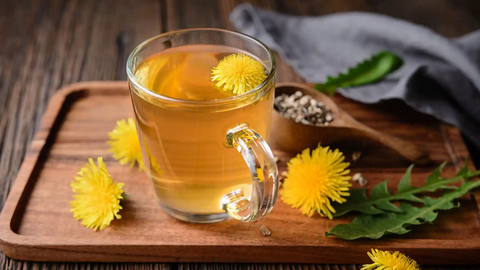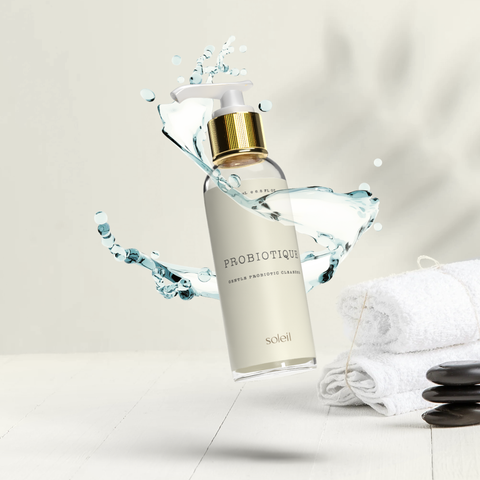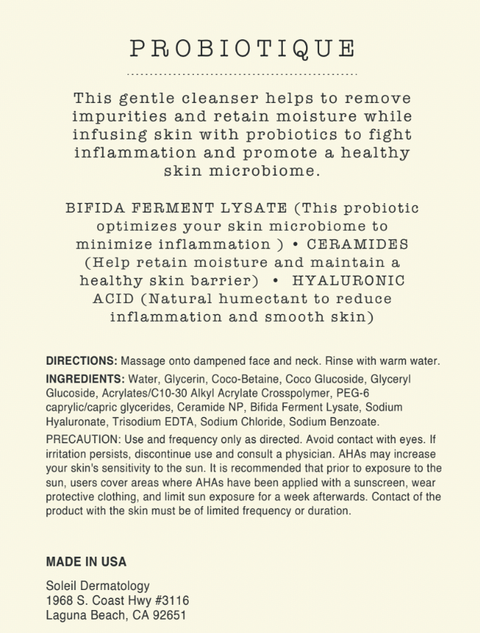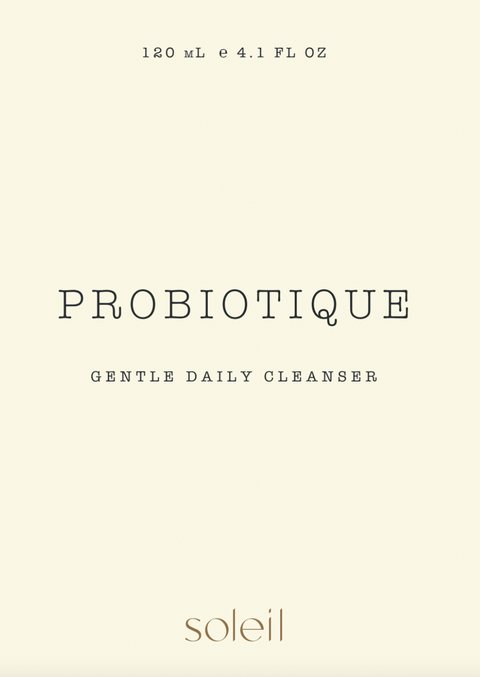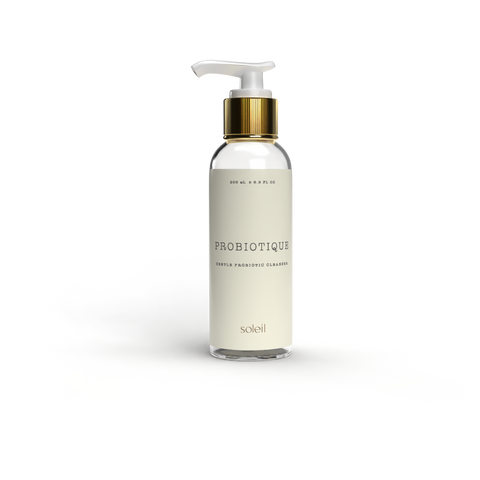Oolong Tea: A Natural Remedy for Recalcitrant Atopic Dermatitis
Atopic dermatitis (AD) is a chronic and often stubborn skin condition that causes itching, redness, and inflammation. For individuals with recalcitrant AD, cases resistant to standard treatments, finding relief can be particularly challenging. A 2001 study published in the Archives of Dermatology highlights an intriguing potential solution: oolong tea.
Study Overview
The study, conducted by researchers from Shiga University of Medical Science, involved 118 patients with recalcitrant atopic dermatitis. Participants were instructed to consume 10 grams of oolong tea, brewed and divided into three daily doses, alongside their regular dermatological treatments. The trial lasted six months, with assessments conducted at one and six months.
Key Findings on Oolong Tea for Atopic Dermatitis
-
Rapid Improvement:
- Within 1-2 weeks, 74 participants (63%) showed marked to moderate improvement in their AD symptoms.
- This rapid response highlights oolong tea’s potential benefits as an effective adjunctive treatment for AD.
-
Sustained Benefits:
- At six months, 64 patients maintained their improved condition, suggesting oolong tea may offer long-term benefits for managing atopic dermatitis.
-
Natural Anti-Allergic Properties:
- Researchers believe the polyphenols in oolong tea may possess anti-allergic properties, contributing to the reduction of AD symptoms.
Benefits of Oolong Tea for Skin Health
- Rich in Polyphenols: These compounds are known for their anti-inflammatory and antioxidant properties.
- Supports Immune Function: Oolong tea may help modulate immune responses that contribute to skin inflammation.
- Safe and Natural: As a dietary addition, oolong tea is an accessible and natural option for many people.
How to Use Oolong Tea for Eczema
For individuals considering oolong tea as a natural remedy, here’s a basic guide:
- Preparation: Brew 10 grams of high-quality oolong tea leaves in boiling water.
- Daily Consumption: Divide the tea into three servings and drink it after meals.
- Consult Your Doctor: Always consult a healthcare provider before making changes to your treatment regimen, especially if you have severe AD or other underlying conditions.
- Oolong tea for eczema
- Oolong tea and skin health
- Atopic dermatitis natural remedies
- Anti-allergic properties of oolong tea
- Best tea for eczema relief
- How to treat recalcitrant eczema naturally
- Polyphenols and atopic dermatitis
- Oolong tea benefits for inflammation
- Eczema home remedies with tea
- Oolong tea for chronic skin conditions
Conclusion
The 2001 study on oolong tea presents a promising natural remedy for managing recalcitrant atopic dermatitis. With its potential anti-inflammatory and anti-allergic properties, oolong tea could serve as a beneficial addition to conventional treatments. However, more research is needed to solidify these findings and develop standardized guidelines.
For those struggling with chronic eczema, oolong tea offers a simple, natural option worth exploring under the guidance of a healthcare professional.
